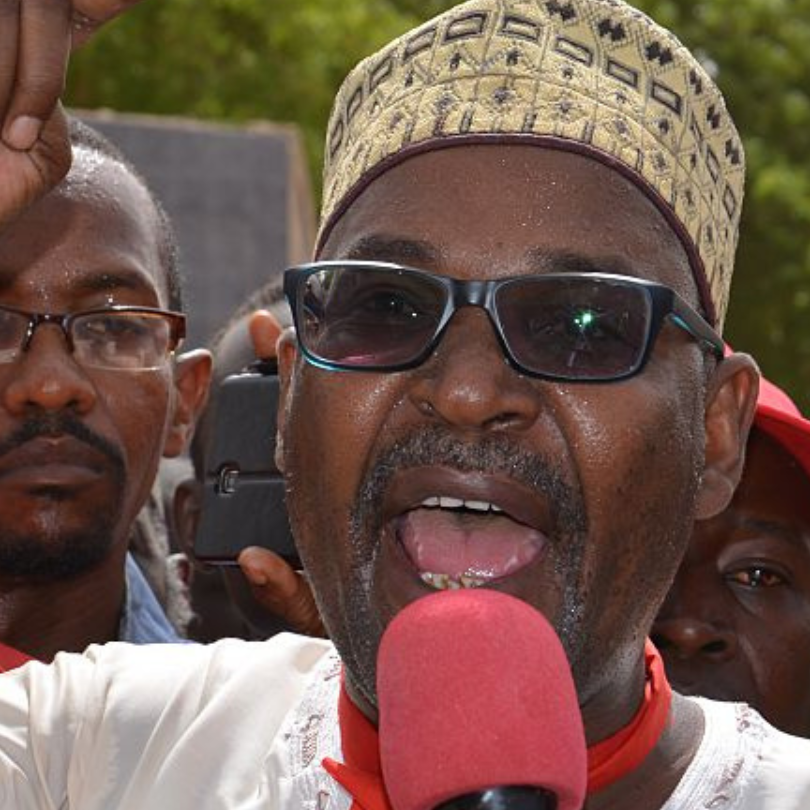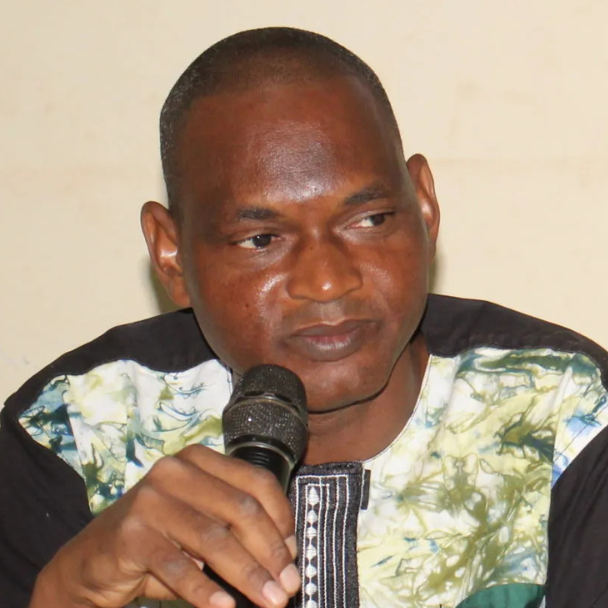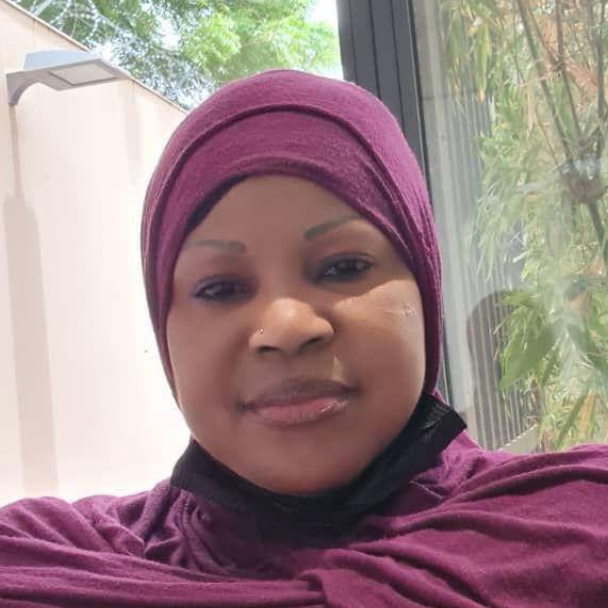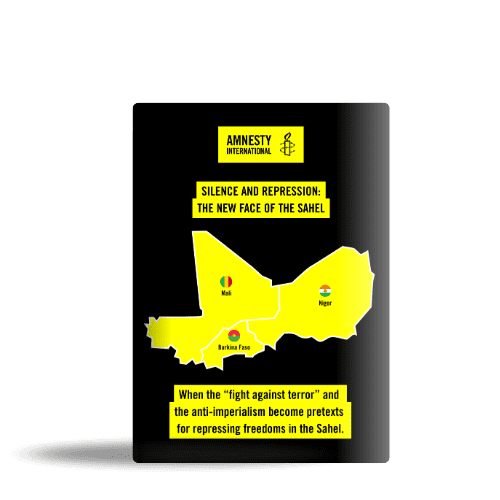Silence and Repression:
The new face of the Sahel
In the Sahel, repression is intensifying. Human rights defenders and journalists are being silenced under the pretext of national security.
A region of hope and resilience
The Sahel, a vast region connecting West and Central Africa, is a land of hope and solidarity. Its committed youth, resilient communities, and human rights defenders embody a force for change and inspiration.
But since 2020, the region has been plunged into an authoritarian spiral. Under the guise of “national security” and the fight against terrorism, the authorities of Burkina Faso, Mali, and Niger have stepped up attacks on fundamental freedoms.
Human rights defenders, journalists and citizens who speak out peacefully are now treated as enemies of the state.
+
cases of journalists, activists, human rights defenders, influencers and citizens arrested, threatened or forcibly disappeared simply for daring to speak out.
An increasingly repressive climate
Coups d’état that have taken place in different countries have led to the establishment of military regimes in Burkina Faso, Mali and Niger, accompanied by a shrinking of civic space.
Authorities cite the “protection of national sovereignty” to justify censorship, the criminalisation of dissent and the closure of independent media.
Yet, despite the arrests, disappearances and threats, some voices continue to be raised.
Some emblematic cases
In recent years, there have been dozens of cases of arbitrary detention, enforced disappearances, and targeted military conscription in Burkina Faso, Mali, and Niger. Journalists, activists, and human rights defenders risk their freedom, and sometimes their lives, as soon as they dare to speak out.
The cases presented below are an illustration of this.

The case of Moussa Tchangari illustrates the abusive use of anti-terrorism laws to muzzle civil society in Niger.
Ousmane Diallo, Researcher at Amnesty International
Niger — Moussa Tchangari
Human rights defender prosecuted as a criminal
Moussa Tchangari, secretary general of the organisation Alternative Espace Citoyen, is one of the major figures in Nigerien civil society.
He has campaigned for more than twenty years for fundamental freedoms, social justice and democratic governance.
Arrest for “apology for terrorism” and “attack on national defence”
On 12 November 2024, he criticised the decision of the Minister of the Interior to withdraw the accreditations of two humanitarian NGOs and to place several organizations on the national list of persons and entities involved in terrorism (FPGE).
This administrative measure results in the freezing of assets, travel restrictions and can lead to the loss of nationality, without prior judicial conviction.
On 3 December 2024, he was arrested and charged with:
- apology for terrorism (article 399 of the Penal Code),
- criminal association linked to terrorism,
- attack on national defence,
- intelligence with foreign powers.
Since 3 January 2025, he has been in pre-trial detention at Filingué prison, without having been heard by a judge on the merits.
Burkina Faso — Idrissa Barry
Journalist disappeared for denouncing abuses
Idrissa Barry, journalist and national secretary of the Servir et Non se Servir (SENS) movement, regularly denounced the atrocities committed against civilian populations in the context of the armed conflict.
Forced disappearance after critical publications
On 18 March 2025, his movement denounced “deadly attacks” attributed to Volunteers for the Defense of the Homeland (VDP) against civilians in Solenzo.
The next day, Idrissa Barry was arrested by individuals presenting themselves as gendarmes and taken into an unregistered vehicle.
Since then, no authority has acknowledged his detention or provided any information on his fate.

Enforced disappearance, prohibited by the International Convention for the Protection of All Persons from Enforced Disappearance, ratified by Burkina Faso in 2009, is a continuing crime as long as the victim remains not found.
Khadidiatou Diaw, Campaigner at Amnesty International

Le cas de Tantie Rose illustre la criminalisation croissante des opinions sur les réseaux sociaux au Mali.
Un défenseur des droits humains malien
Mali — Rokiatou Doumbia (« Tantie Rose »)
Influencer sentenced for talking about the cost of living
Known as Tantie Rose, Rokiatou Doumbia is a Malian trader and influencer followed for her TikTok videos denouncing the high cost of living and insecurity.
Convicted for “inciting revolt” and “discrediting the State”
On 13 March 2023, she was arrested in her shop after posting a video criticising living conditions under the military regime.
The prosecution is suing her for:
- Incitement to revolt (Article 95 of the Criminal Code),
- Damage to the credit of the State (article 57),
- Criminal association.
The Bamako court sentenced her to one year in prison in August 2023.
Although she has served her sentence, she remains in detention to this day.
Mali — Clément Dembélé
Anti-corruption activist jailed despite charges being dropped
President of the Platform Against Corruption and Unemployment (PCC), Clément Dembélé is one of the most respected voices in Malian civil society.
Accused of “threatening the president” based on a voice recording
On 17 November 2023, he was arrested by the Judicial Investigation Brigade after publicly criticising the management of power cuts.
Authorities accuse him of sending a voice message containing “threats against the transitional president and his family.”
An independent forensic examination establishes that the voice in the recording is not his own.
On 17 April 2025, the judge of the National Cybercrime Unit closed the case due to lack of evidence.
Despite this, he remains detained at the Bamako Central Prison.

Continued detention despite a dismissal of the case constitutes a violation of the right to a fair trial guaranteed by the African Charter on Human and Peoples’ Rights, to which Mali is a signatory.
Marceau Sivieude, Amnesty International’s Regional Director for West and Central Africa
Read our campaign brochure and join the fight to protect freedoms in the Sahel

The post Silence and Repression: The new face of the Sahel appeared first on Amnesty International.



